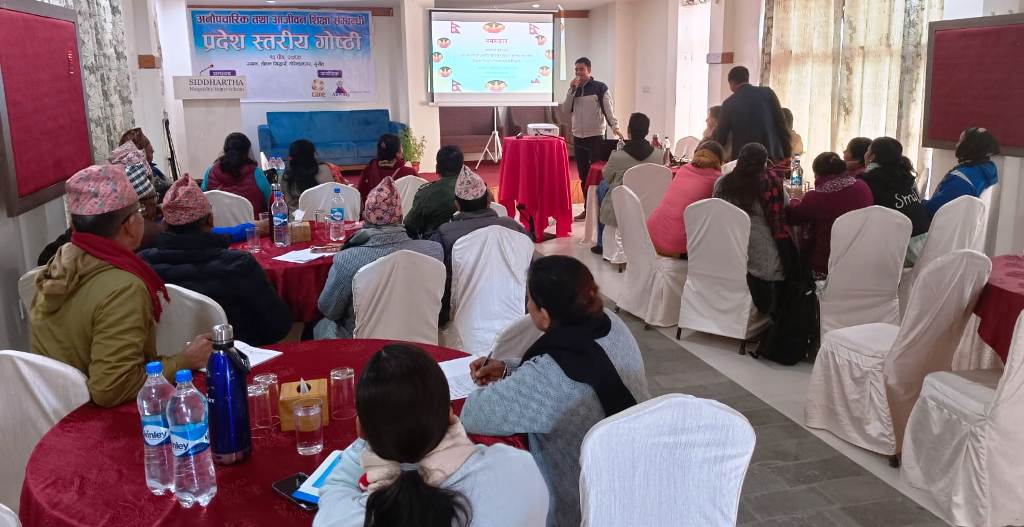
Enhancing Literacy Through Non-Formal Education in Nepal
In recent developments, stakeholders in Nepal have highlighted the critical need for the local government to focus on non-formal education and lifelong learning. This call to action comes in response to the alarming fact that several districts in Nepal still struggle with low literacy rates. The urgency for non-formal education was emphasized during a state-level conference on non-formal education and lifelong learning, held on December 29, 2023, by the Center for Education and Human Resource Development in Birendranagar.
Urgency of Non-Formal Education in Nepal
- Vital Statistics: Current statistics reveal that 6.4 million people in Nepal are illiterate, with 13 districts yet to be declared literate. This situation underscores the importance of enhancing non-formal education systems.
- Government Initiatives: The Nepalese government has taken significant steps by introducing the Compulsory and Free Education Act, 2075, which mandates basic education for all. Director Nilakantha Dhakal of the Center for Education and Human Resource Development stressed that citizens lacking basic education (8th grade) will face challenges in accessing government services after 2085 BS.
- Community Learning Centers (CLCs): Despite their establishment, CLCs' roles in implementing non-formal education have been limited. Enhancing the effectiveness of these centers is crucial for improving literacy rates.
Challenges and Opportunities
- Literacy Rates: According to the Center for Education and Human Resource Development, only 85% of Nepalese citizens aged 15-60 are literate.
- Local Level Literacy: In Madhes and Karnali provinces, numerous local levels have yet to achieve literacy milestones.
- Curriculum Development: The government has developed Level-1 and Level-2 curricula for non-formal education, catering to different educational levels.
Role of Development Partners and Local Governments
- Development Partners: Organizations like Care Nepal are actively involved in implementing non-formal education initiatives. Upasana Shrestha, Karnali Province Coordinator, emphasized their ongoing commitment to education in the region.
- Challenges in Data Collection: Geographic challenges and scattered settlements in Karnali make data collection on those needing non-formal education difficult.
- Local Government's Role: Experts like Pavitra Shahi, Executive Director of Awaz Sanstha, advocate for empowered local governments to prioritize education. Effective implementation of non-formal education systems at the local level is essential for enhancing literacy and access to education.
The focus on non-formal education and lifelong learning in Nepal is not just a governmental responsibility but a collective effort involving local governments, community centers, and development partners. To bridge the literacy gap, it is crucial to implement these educational programs effectively, ensuring that every individual has access to basic education and the opportunity to improve their quality of life through learning.
Surkhet School News




